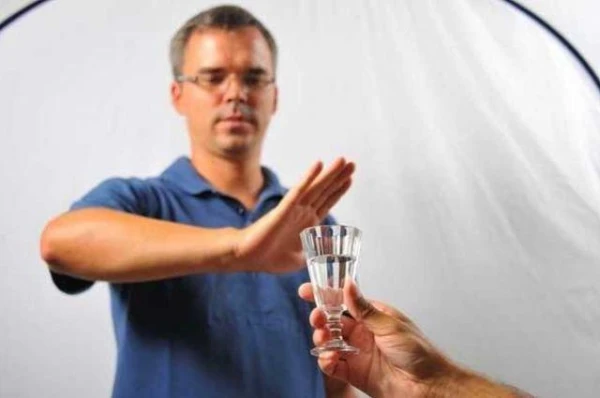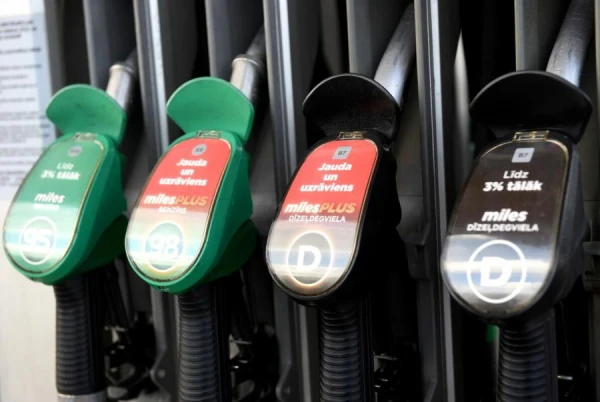
Opinion of narcologist, Doctor of Medical Sciences Vladimir Nuzhny.
- To a large extent, this depends on the duration of alcohol consumption. People who drink occasionally or in moderation can stop drinking at any time without problems or fear of consequences. This will only benefit them.
However, for those with a serious history of alcohol consumption, abrupt withdrawal can lead to tragedy. A person who, with trembling hands, begs for a drink, saying, “if I don’t drink, I will die,” is not exaggerating.
Ethanol, which has been entering the body in increasing doses for a long time, becomes part of the metabolism. And if there is a disruption in the “supply,” withdrawal syndrome occurs, also known as detox or withdrawal syndrome. In this state, heart rhythm disturbances, increased blood pressure, excessive sweating, and tremors of the limbs, among other symptoms, are usually observed. This can lead to a heart attack, myocardial infarction, stroke, and even death.
Therefore, withdrawal syndrome requires immediate assistance, ideally medical (there are special medications for this). Alcohol consumption can also solve the problem. After a shot of alcohol, the symptoms disappear, and relief comes — unfortunately, temporarily, as alcohol therapy does not eliminate the problem but merely postpones it.
Fighting alcoholism and withdrawal syndrome is safer and more effective under medical supervision. Only a few can independently stop drinking by gradually reducing the dose.














Leave a comment